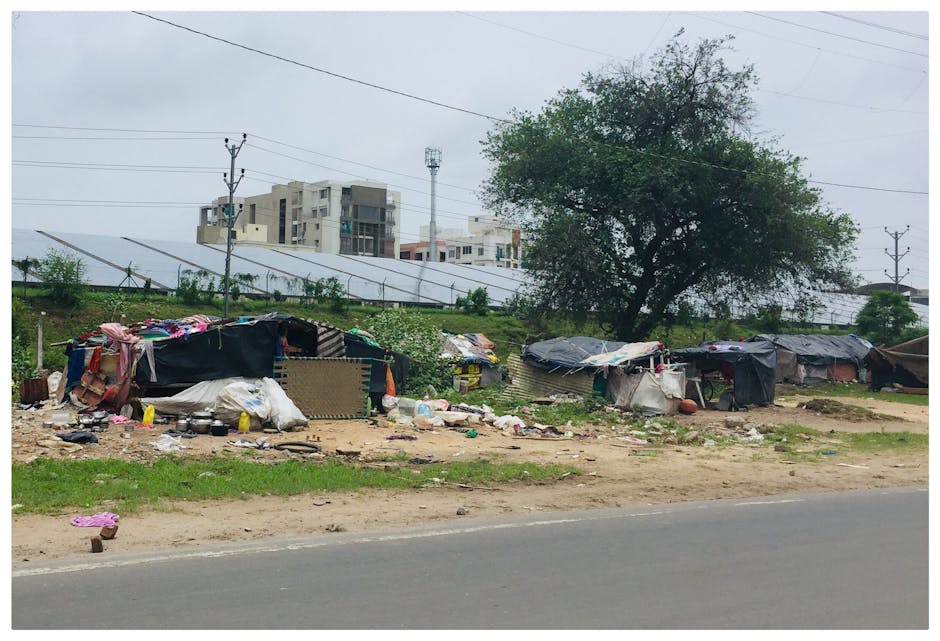The Evolving Landscape of Solar Panel Recycling in Asia-Pacific

The Evolving Landscape of Solar Panel Recycling in Asia-Pacific
Introduction
The Asia-Pacific region, led by Australia, Vietnam, and Malaysia, is making significant strides in developing infrastructure for solar panel recycling. This initiative is crucial as the solar energy sector experiences rapid global expansion, posing environmental challenges and opportunities for circular economy solutions. This article dives into the current strategies and advancements in the solar panel recycling industry within these regions.
Key Trends and Strategies
Technological Innovations
Innovative recycling technologies are being developed, especially by medium-sized enterprises in Australia. These technologies focus on mechanically and chemically separating materials from solar panels, enhancing material recovery efficiency.
Government and Policy Support
With growing government support, like Vietnam's national plan aiming to become an ASEAN circular economy hub by 2035 from related initiatives, policy frameworks are increasingly favorable for recycling operations.
Market Expansion and Integration
Companies are not only focusing on domestic markets but are also expanding internationally, as seen with Lotus Energy's initiative to build a massive recycling facility in Germany, noted in a PV-Tech report.
State and Recommendations
- Invest in R&D: Developing proprietary recycling technologies can assist in maintaining economic viability while adhering to environmental regulations.
- Expand Collection Networks: Enhancing collection infrastructures to ensure consistent waste streams is essential for sustained operations.
- Engage with Policy Makers: Active involvement in legislative processes to ensure that the regulatory environment supports recycling business models.
- Explore International Collaborations: Look for opportunities to form partnerships with foreign experts and companies to enhance technological capabilities.
Comparative Analysis
Here's how different company sizes and approaches are performing in Australia, Vietnam, and Malaysia:
| Company Size / Strategy | Automation | Advisory | Security |
|---|---|---|---|
| SMEs - Traditional Firms | Low | Moderate | High |
| Medium - Middling Firms | Moderate | High | High |
| MNCs/Large - Disruptors | High | High | Very High |
Strategic Insights Across Regions and Company Sizes
Differences in the approach to solar panel recycling among SMEs, medium-sized, and large companies across Australia, Vietnam, and Malaysia highlight diverse strategies and results based on regional and company-specific factors.
"As the solar industry continues to expand, so does the necessity for innovative and sustainable waste management solutions."
Conclusion
The strategic development of solar panel recycling infrastructure is crucial for supporting the long-term sustainability of the renewable energy sector. As countries continue to develop and refine their approaches, inter-regional collaboration and technological innovation will play pivotal roles in shaping a robust circular economy. Looking ahead, the intersection of policy support, technological advancement, and international cooperation will likely determine the pace and effectiveness of recycling initiatives in the Asia-Pacific region.
